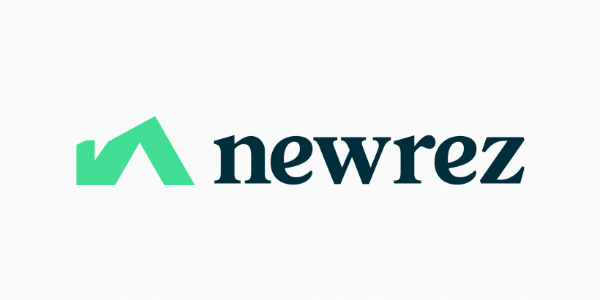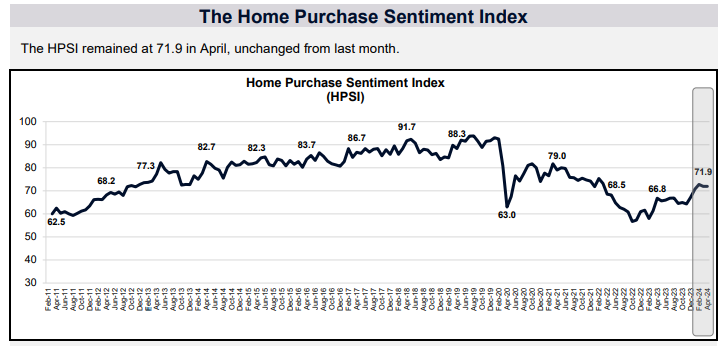Advertisement
Final rules issued to implement SAFE Act requirements for registration of loan officers

Federal agencies have issued final rules requiring residential mortgage loan originators who are employees of national and state banks, savings associations, Farm Credit System institutions, credit unions, and certain of their subsidiaries (agency-regulated institutions) to meet the registration requirements of the Secure and Fair Enforcement for Mortgage Licensing Act of 2008 (SAFE Act). The final rules are being issued by the Office of the Comptroller of the Currency (OCC), Board of Governors of the Federal Reserve System, Federal Deposit Insurance Corporation (FDIC), Office of Thrift Supervision (OTS), Farm Credit Administration, and National Credit Union Administration (NCUA).
The SAFE Act requires residential mortgage loan originators who are employees of agency-regulated institutions to be registered with the Nationwide Mortgage Licensing System and Registry. The NMLS is a database created by the Conference of State Bank Supervisors (CSBS) and the American Association of Residential Mortgage Regulators (AARMR) to support the licensing of mortgage loan originators by the states. As part of this registration process, residential mortgage loan originators must furnish to the registry information and fingerprints for background checks. The SAFE Act generally prohibits employees of agency-regulated institutions from originating residential mortgage loans unless they register with the registry.
The agencies' final rules establish the registration requirements for residential mortgage loan originators employed by agency-regulated institutions and requirements for these institutions, including the adoption of policies and procedures to ensure compliance with the SAFE Act and final rules. As required by the SAFE Act, the final rules also require that each residential mortgage loan originator obtain a unique identifier through the registry that will remain with that residential mortgage loan originator, regardless of changes in employment. This will enable consumers to easily access employment and other background information about registered mortgage loan originators from the registry. Under the final rules, registered mortgage loan originators and agency-regulated institutions must provide these unique identifiers to consumers.
The final rules take effect on Oct. 1, 2010. The agencies anticipate that the registry could begin accepting federal registrations as early as Jan. 28, 2011. Employees of agency-regulated institutions must not register until the agencies instruct them to do so. The agencies will provide an advance announcement of the date when the registry will begin accepting federal registrations, and agency-regulated institutions and their applicable employees will have 180 days from that date to comply with the initial registration requirements.
►The final rules appear in the Federal Register which may be viewed by clicking here.
For more information, visit www.federalreserve.gov.
About the author





